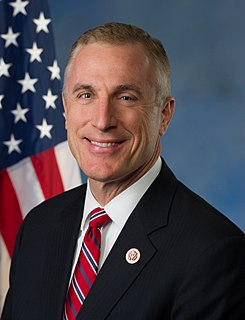A Quote by Adam Conover
Late 19th-century America was basically a plutocratic enterprise while people toiled in mines and died of coal dust poisoning.
Related Quotes
The end of coal in Appalachia doesn't mean that America is running out of coal (there's plenty left in Wyoming). But it should end the fantasy that coal can be an engine of job creation - the big open pit mines in Wyoming employ a tiny fraction of the number of people in an underground mine in Appalachia.
I was really interested in 20th century communalism and alternative communities, the boom of communes in the 60s and 70s. That led me back to the 19th century. I was shocked to find what I would describe as far more utopian ideas in the 19th century than in the 20th century. Not only were the ideas so extreme, but surprising people were adopting them.
Upward mobility across classes peaked in the U.S. in the late 19th century. Most of the gains of the 20th century were achieved en masse; it wasn't so much a phenomenon of great numbers of people rising from one class to the next as it was standards of living rising sharply for all classes. You didn't have to be exceptional to rise.
In the 19th century it was basically nationality and people trying to define their nationalism and create states which would reflect their nationalism. In the 20th century, ideology came to the fore, largely, but not exclusively, as a result of the Russian Revolution and we have fascism, communism and liberal democracy competing with each other. Well that's pretty much over.


































